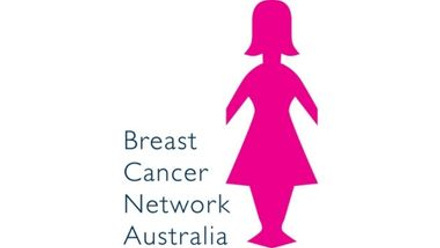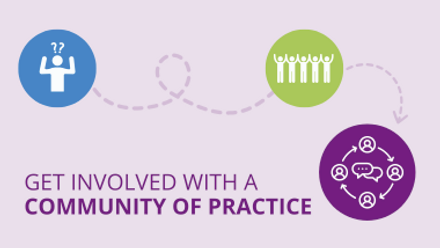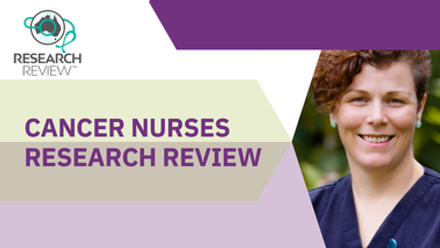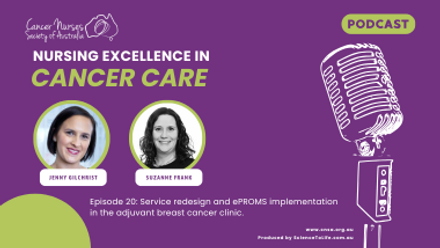Breast Cancer Trials Insights: CoP Meeting with Marisa Stevens and Jenny Gilchrist
Key discussions centred on the importance of patient involvement in clinical trials and the use of real-world data to complement trial findings. Members noted that side effect profiles reported in real-world settings often differ from trial data, reinforcing the need for diverse and representative participation in research.
The group also reflected on the unique challenges faced by metastatic breast cancer patients, including the constant fear of recurrence, treatment side effects, and their impact on daily responsibilities and social lives. This led to a broader conversation on the importance of holistic care, particularly addressing mental health and sexual health—two areas that are often overlooked but critical to quality of life.
Jenny discussed a new video resource 'They just don't know what to say or do', created by the Shore-C (Sussex Health Outcomes Research & Education in Cancer) group at the University of Sussex, aims to help us learn how best to support someone with metastatic/advanced breast cancer. Using real, lived experiences, and voiced by five different characters, you can hear stories of responses from loved ones which were helpful, practical, and emotionally supportive as well as the statements that can be hurtful, damaging and even shaming. The film also contains a conversation between Dame Lesley Fallowfield, Professor of Psycho-oncology at SHORE-C, and Lesley Stephen, who lives with secondary breast cancer. Watch the video.
Self-care and workforce wellbeing were also highlighted, with research showing that female oncology professionals are at higher risk of burnout and mental health issues compared to their male colleagues. Strategies such as boundary-setting, prioritising self-care, and creating supportive workplace cultures were explored as essential steps for sustainable practice.
A deep dive into sexual health in breast cancer patients revealed high rates of dysfunction and pain, underscoring the need for healthcare professionals to initiate conversations, utilise validated tools such as the Female Sexual Function Index, and connect patients with resources like the Cancer Council’s Sexuality, Intimacy and Cancer Booklet. Emerging studies—including the use of testosterone gel for libido enhancement—alongside upcoming workshops on menopause and sexual health, reflect growing attention to this vital area of care.
CNSA thanks Marisa Stevens and Jenny Gilchrist for leading this rich discussion and for their commitment to advancing both patient-centred care and the wellbeing of oncology professionals.





